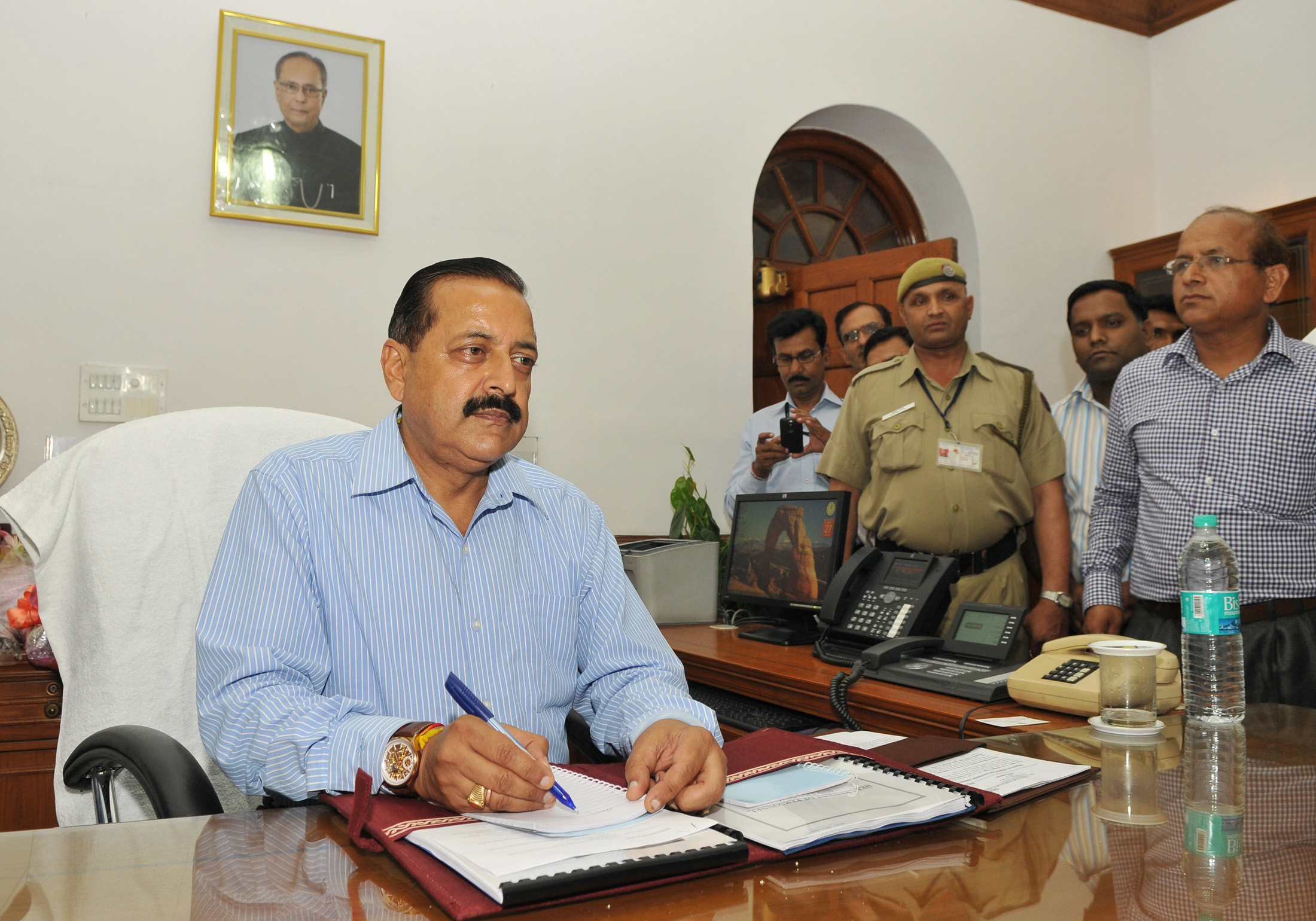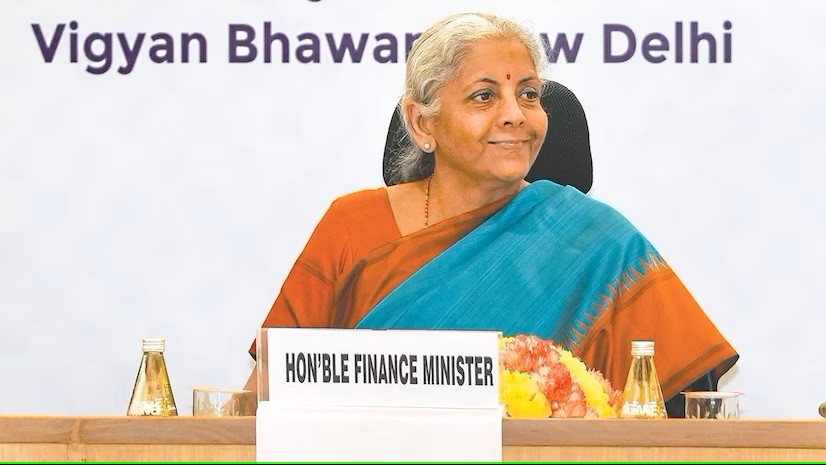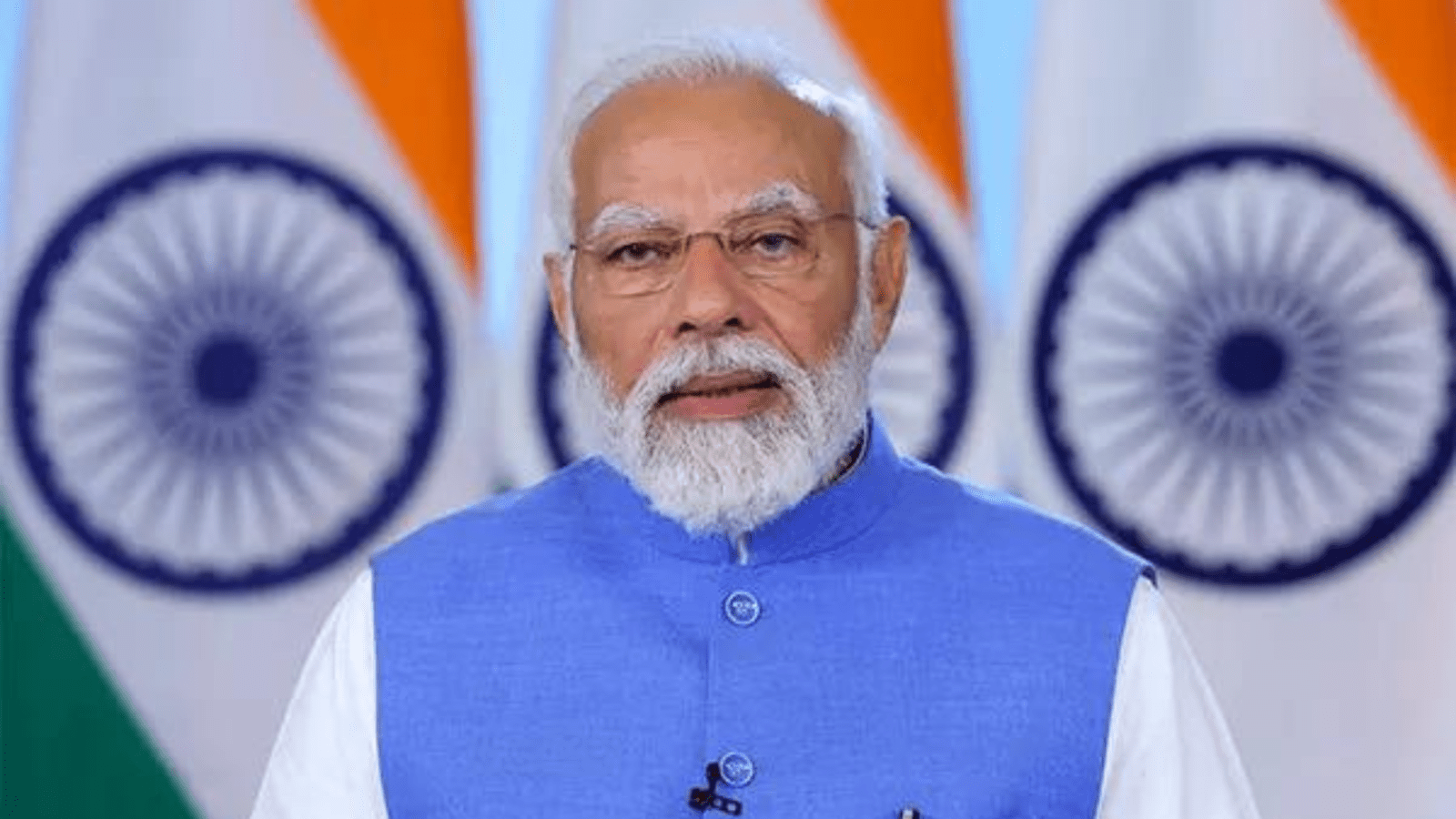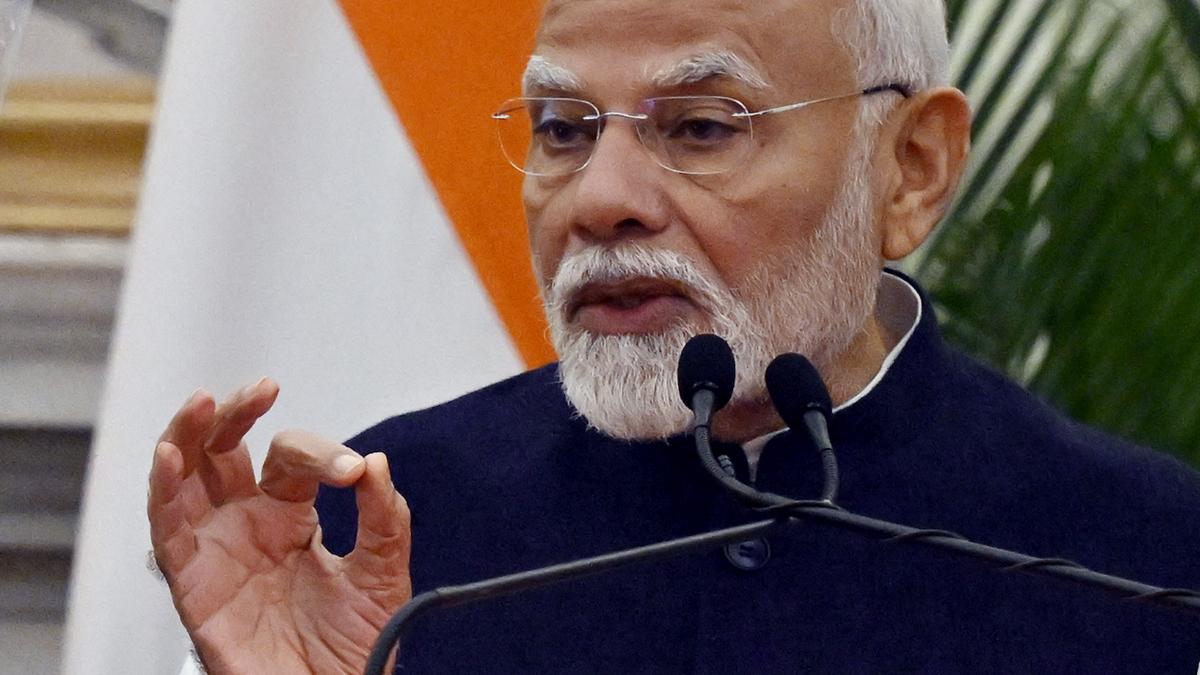The Indian government has allocated ₹1,000 crore for a Venture Fund dedicated to supporting space startups, as announced by Dr. Jitendra Singh, Union Minister for Science and Technology. This initiative was launched within the first 100 days of the Modi 3.0 government, emphasizing the administration’s commitment to advancing India’s space sector. Dr. Singh highlighted that space is one of the top priorities for the government, which is focused on propelling India to the forefront of global space exploration.
Dr. Singh pointed out that, around four years ago, the government made a landmark decision to open the space sector to private players. This led to the establishment of New India Space Limited (NISL) and IN-SPACe India as key interfaces with private enterprises. The move has sparked incredible growth, with the number of space startups in India expanding from single digits to over 200 within a short period. Notably, India’s first private rocket, Vikram-S, emerged from this thriving ecosystem.
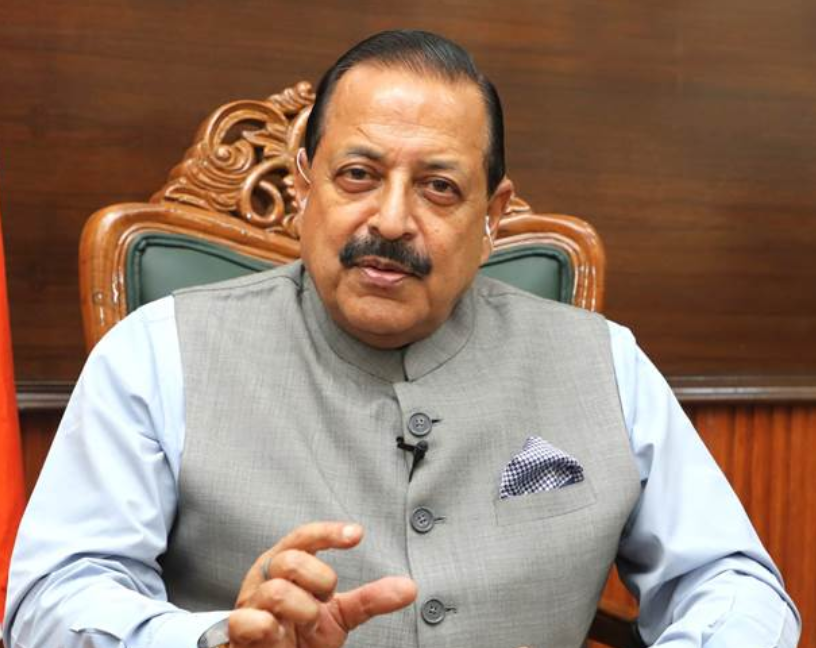
Dr. Singh also reflected on India’s remarkable achievements in space exploration. While ISRO was founded in 1969—the same year the U.S. landed Neil Armstrong on the moon—India has since made its mark on the world stage. India’s Chandrayaan-3 mission recently became the first to reach the moon’s south pole, underscoring the country’s rapid ascent as a leader in space exploration.
Moreover, the minister revealed that the government has allowed 100% Foreign Direct Investment (FDI) in the space sector, which has significantly boosted innovation and entrepreneurship. He noted that India’s overall startup ecosystem has grown from 350 startups in 2014 to over 1.5 lakh today, placing the country third in the global startup ecosystem. Space startups are expected to contribute significantly to India’s economy, which is projected to be among the world’s top five economies shortly.
On the subject of the Gaganyaan mission, Dr. Singh shared that the final test flight, featuring the robot Vyom Mitra, is expected to take place by the end of this year or early 2025. This will pave the way for India to send its first human into space by 2025.
Dr. Singh also stressed that India’s space achievements have instilled a sense of national pride among citizens, even those not directly involved in the sector. Additionally, space technology is now playing a vital role in various areas of infrastructure and development, including agriculture, urban development, smart cities, and healthcare.

